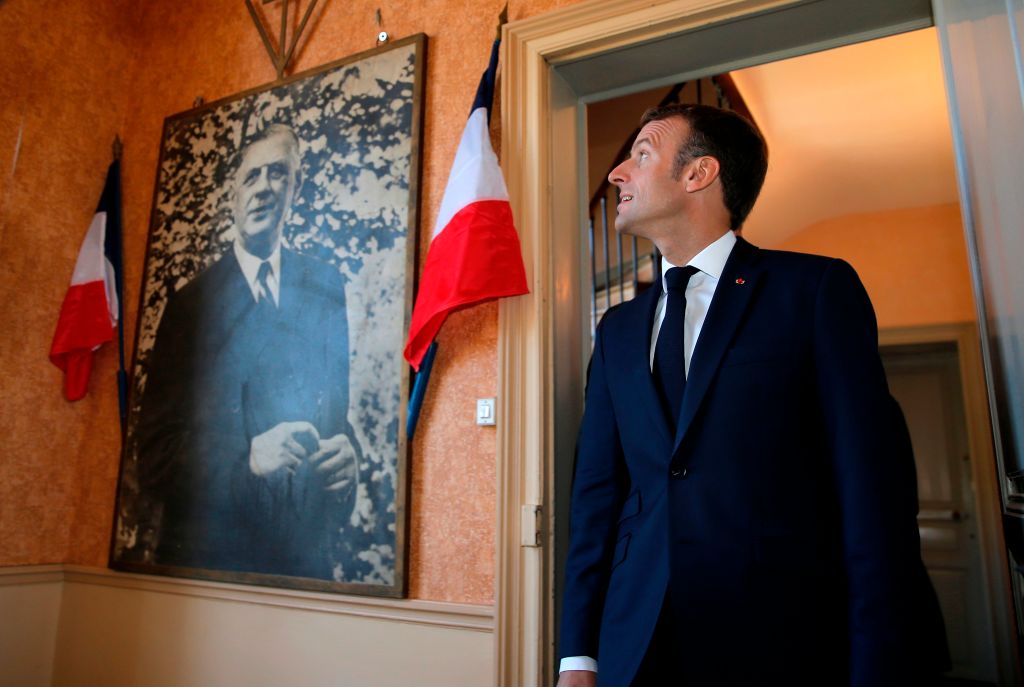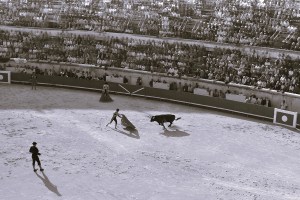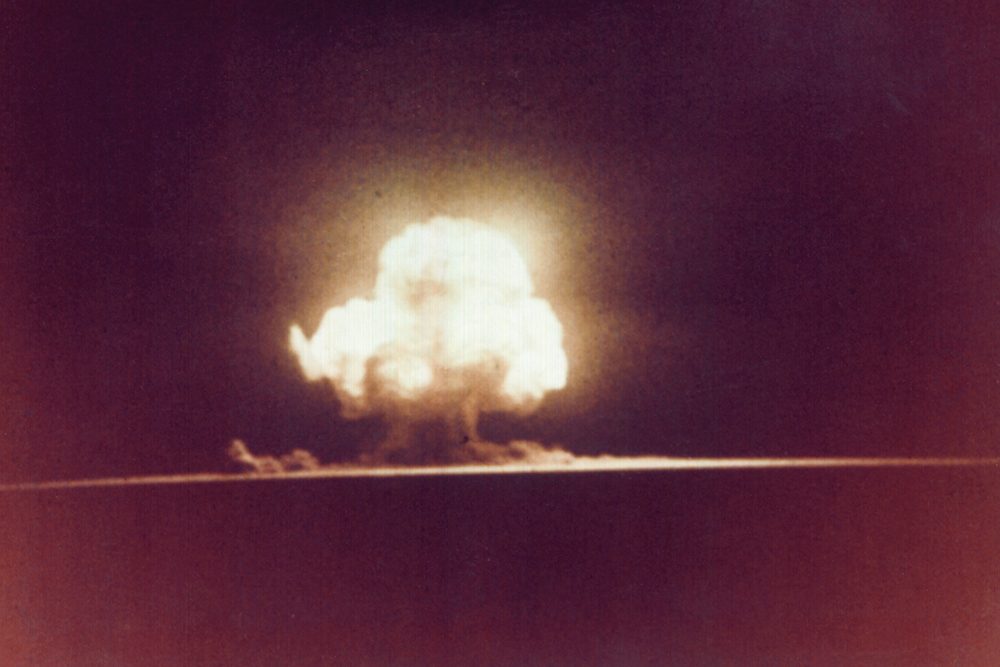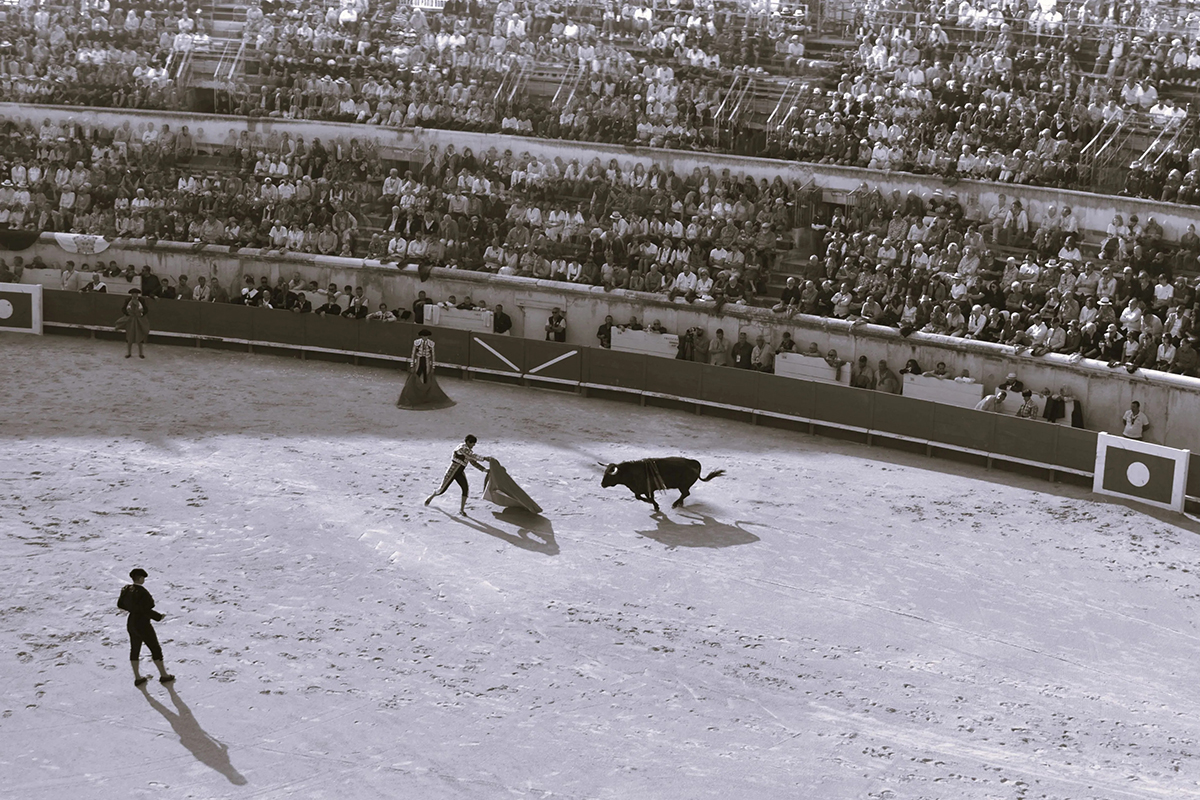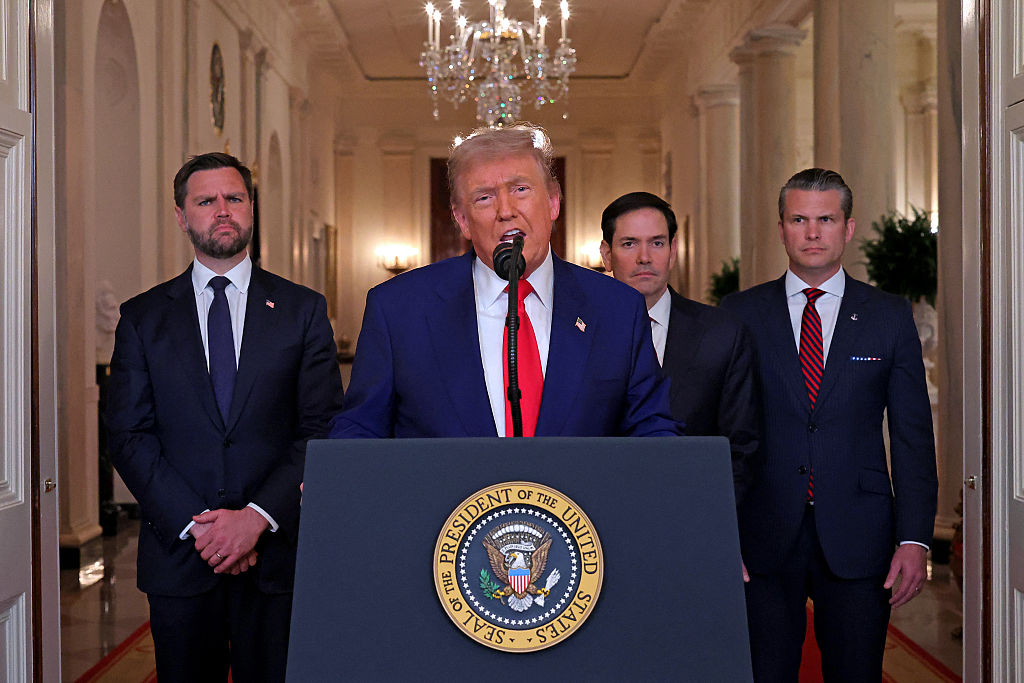Emmanuel Macron never misses an historical opportunity to emblazon his banner. One is reminded of the 19th century diplomat Talleyrand whose ulterior motives were so notorious that on learning of the Frenchman’s death the Austrian statesman Metternich enquired nervously ‘What did he mean by that?’
Tomorrow, President Macron will be in London — exempted of quarantine — hosted by Prince Charles for the 80th anniversary of Gen. de Gaulle’s appel du 18 juin that began resistance against Nazi occupation and Marshal Pétain’s collaborationist government. Why in the teeth of the COVID epidemic has the French president, who has canceled all foreign visits since February, chosen to fly to London to award the city the Legion of Honor?
The pretext is historical, but the ulterior motives highly political. Charles de Gaulle, an unknown brigadier, flew to London on June 17, 1940 chaperoned by Churchill’s British liaison officer Gen. Spears. The following day, Churchill organized the General’s BBC broadcast to the French people (listened to by very few) and installed him at 6 Seymour Place, near Hyde Park. Although the appeal was met with widespread indifference in France, and only 7,000 French soldiers of the 100,000 temporarily on British soil decided to follow the General, the resistance eventually gained momentum from late 1941.
This year is also the 50th anniversary of the General’s death (November 9) whose contribution to France’s history goes well beyond saving France and her honor in World War Two. His founding and leading the Fifth Republic for 11 years from 1958 brought stability and greatness to France at home and abroad. Given the topicality of statues, suffice it to say that the General is the third most ‘statufied’ Frenchman after Joan of Arc and the assassinated socialist leader Jean Jaurès. Hence President Macron’s decision to make 2020 ‘l’année de Gaulle’.
The political opportunities afforded to Macron by draping himself in the General’s mantle are not hard to divine. Today with all the talk in France of national self-sufficiency, economic patriotism and the need to restore French greatness, the General’s reflected glory is a god-send. And Macron needs it.
Three years into his mandate his popularity has rarely risen above 40 percent with no coronavirus ‘rally to the flag’, seen elsewhere. Opinion polls assess his handling of the crisis negatively, despite his self-congratulatory broadcast on Sunday that the French daily Libération headlined as ‘Macron congratulates Macron’. Unfortunately for Macron, his prime minister, Edouard Philippe, has emerged more positively than him from the epidemic with a rating of 46 percent to Macron’s 39 percent heightening that classic tension within the fifth Republican diarchy between president and prime minister.
Could Macron’s self-flattery by association with the General also be a warning to his prime minister to tread carefully for fear of replacement by a more self-effacing premier, as was the General’s management style with his heads of government? It would be risky. Edouard Philippe signaled yesterday morning that he is happy to stand down if the president no longer needs him, content to take over as mayor of Le Havre where he is well placed in the second round of local elections in which Macron’s party will take a drubbing.
But even Macron knows that having Philippe ‘in the tent’ is less dangerous than having him ‘outside’ as a 2022 presidential candidate where, as things stand, he would be favorite. Ironically — although Macron might prefer to forget this bit of history — even Gen. de Gaulle was eventually confronted with the same problem following his poor handling of May ’68, saved by his subsequently popular prime minister Georges Pompidou, who eventually succeeded him.
[special_offer]
A second political opportunity with Macron’s trip to London is to do some back-room Brexit negotiations directly with Boris (Churchill-de Gaulle parallels to be avoided at all costs). Although Brexit is not on the official agenda there are two French areas he wishes to push: fishing, foreign and defense policy. In the event of a no deal, or a bare bones one, Macron will want to negotiate informally some Franco-British tacit agreements, some of which can be tacked on to the 2010 Lancaster House agreement.
Macron’s trip to London to bathe in Gen. de Gaulle’s glory is already generating unflattering comparisons. Politicians should be wary about instrumentalizing history for their own ends; it rarely ends well. Churchill with typical bombast declared: ‘History will be kind to me for I shall write it’. But even great men who write their own history are not spared indignity.
This article was originally published onThe Spectator’s UK website.



